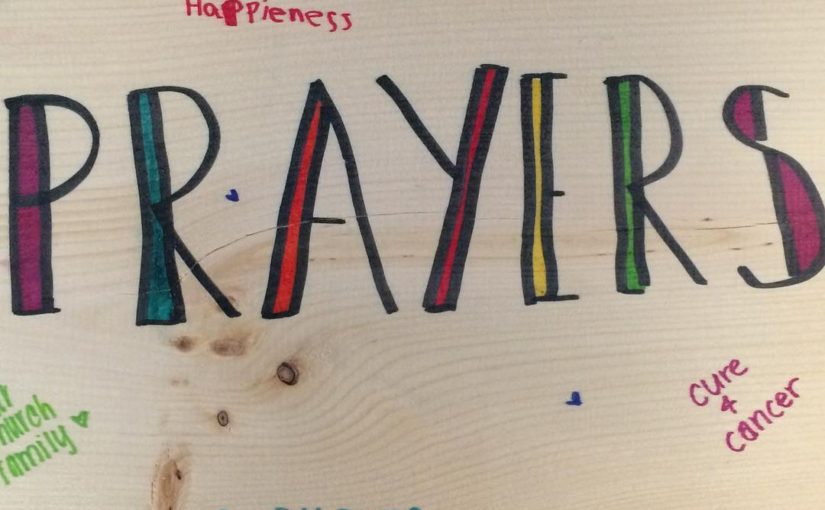Our First Reading was Exodus 24:12-18.
What did Moses do during his first six days on the mountain? Before my bible study this week with other local Lutheran pastors, I never noticed this detail before. In our text from Exodus today, the Israelites are camped at the foot of Mt. Sinai. After escaping slavery in Egypt, they are learning how to live together. God is in the center of the community, covering Mt. Sinai in a cloud. God summoned Moses so Moses heads up the mountain. For six days, Moses is up there before God calls for him. So what does a person do when they’re waiting for God?
This text is full of allusions to other stories from scripture. In the story of Genesis, God worked for six days before resting on the seventh. During Noah’s great flood, the ark finally lands on a mountaintop as the water recedes from a rainstorm that lasted 40 days and 40 nights. People of the faith like Abraham, Sarah, and Jacob met God on various mountaintops and usually built on the spot where they saw God. And in earlier parts of the Exodus story, God is a cloud providing shade from the sun during the day and God is a cloud of fire providing light at night. In one short text, we see God as a creator, protector, savior, judge, and all-powerful presence. But we also meet a God who sometimes makes us wait.
The text doesn’t tell us what Moses was doing while he was waiting for God. He knew he was in God’s presence. The cloud gave that away. Yet, even Moses had to deal with God being silent. I imagine Moses took care of himself during those six days. He cooked his meals, slept outdoors, and kept himself busy. Moses kept living his life while waiting for God to finally speak. And I imagine we know what Moses waiting game feels like. We will hear in church today words of hope, promise, and hear how Jesus is here, right now, for us to eat and drink. Yet we might wonder why we can’t hear God speaking. I wish I had an answer for your why. But I don’t. Instead, we all have a story where even Moses had to wait. He had to keep living while he waiting for God to speak. But God’s silence does not mean God isn’t present. When we can’t hear God, God is still there. And God’s presence means God will speak and that, someday, we will finally hear.
Each week, I write a reflection on one of our scripture readings for the week. This is from Christ Lutheran Church’s Worship Bulletin for 2/26/2017.


